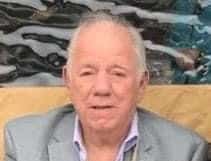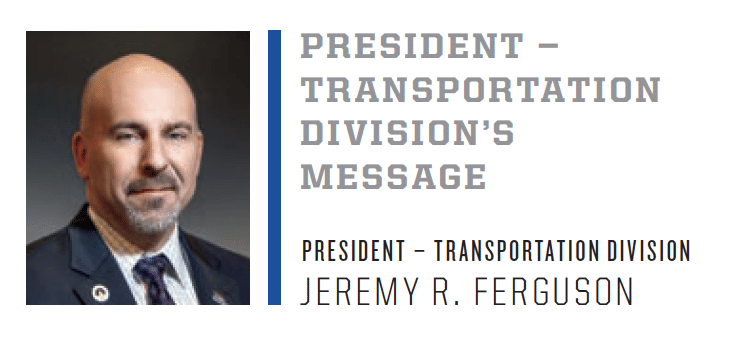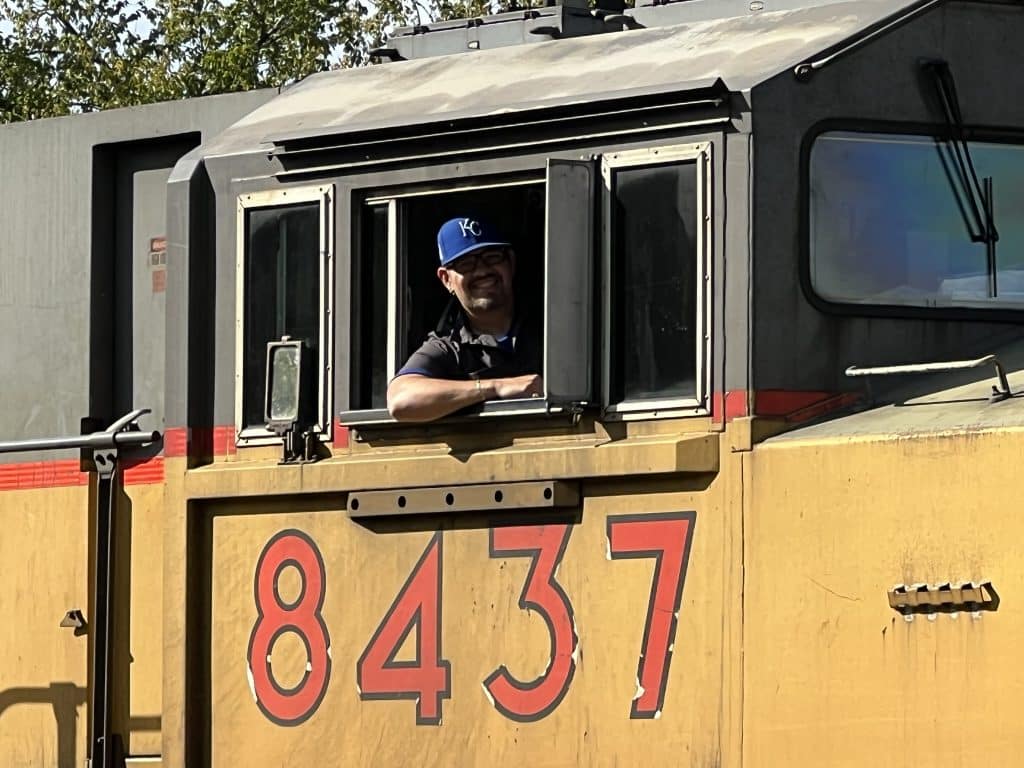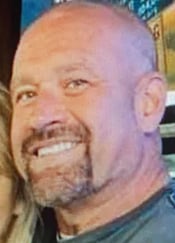Upwards of 70% of UPS employees are represented by the Teamsters Union. In one of the most prominent news stories of the summer, the Teamsters and UPS workers fought the good fight against the corporation and made large gains in their levels of pay and company-provided fringe benefit packages.
SMART-TD would like to echo many of the media’s responses and congratulate the Teamsters and especially our union brothers and sisters who do tireless work on the frontlines of UPS. However, it is worth pointing out that the wage and benefit increases gained in the wake of a 2022 Biden-appointed Presidential Emergency Board (PEB #250) are in many ways equal to, or better than, the commendable achievements of the Teamsters and UPS drivers, although our achievements received far less positive fanfare and attention from the media.
As many of us have seen in the news, UPS CEO Carol Tome made the eye-opening statement that drivers at UPS will now be making $170,000 annually. That got the attention of many of us in the rail industry, and at SMART-TD. When we looked closer at that statement, we identified some important nuances that this executive did not make apparent to the general public.
More specifically, the figure of $170,000 appears to be CEO Tome’s claim for the amount of total compensation, including fringe benefits, that Teamster-represented UPS drivers are estimated to receive at the conclusion of the five-year contract. As many SMART-TD members know, this is the same rhetoric that rail carriers and their analysts used during PEB #250, in their unsuccessful attempts to convince the PEB members and the general public that railroad employees were already generously compensated for the work that we do. We rejected those tactics then, and we reject them now from CEO Tome.
In researching this issue, we noted that CBS News recently reported that at the conclusion of five years’ worth of stepped raises, full-time Teamster-represented UPS drivers will be earning approximately $49/hr. Assuming a 40-hour work week, this adds up to a base annual salary of $101,920, pretax. CBS News also reported that the fringe benefit package for Teamster-represented UPS drivers adds up to approximately $50,000, for a total combined compensation of approximately $151,920.
Based on the above, it appears that in some rare circumstances, CEO Tome’s claims could be technically correct, provided that the UPS employee works a considerable amount of overtime. However, we do not believe that CEO Tome’s claims are representative of most UPS employees, and we object to her making statements that are undoubtedly intended to mislead people into believing that UPS drivers commonly receive a salary of $170,000.
As you can probably imagine, comparing a UPS driver’s total compensation package to a SMART-TD rail member’s compensation package is not a simple task. There are many factors that weigh into our salaries and compensation packages; seniority, assignment preferences, rail traffic/volume and work location, to name a few. When working on an extra board, sometimes our compensation depends on downright luck. The provisions of on-property agreements in effect at our specific work location negotiated by our General Committees of Adjustment and subject to ratification by the members on that specific property are another factor.
Over the last several decades, our organization has published an annual fringe benefits sheet intended to illustrate the monetary value of our hard-earned and well-deserved national benefits package.
In doing so, some assumptions must be made. These examples are illustrative of an experienced railroader with enough seniority to qualify for full vacation, with earnings that exceed the Railroad Retirement Tier II tax limit and meet the Railroad Retirement Tier I tax limit. This is done not to mislead, but to illustrate the maximum potential value of our fringe benefits.
With the above in mind, in our 2023 publication, our members’ annual fringe benefits are valued at nearly $75,000, which brings the members’ total compensation package to nearly $235,000.
In the case of a railroad member who earns $118,800 in compensation (Railroad Retirement Tier II tax limit) and qualifies for three weeks of vacation, their annual fringe benefits are valued at an estimated $63,000, for a total compensation package of close to $182,000. We believe that this estimation is representative of a much larger percentage of our members and is a fairer and more direct comparison to most UPS drivers.
When making this comparison, it is worth reiterating that the above estimates for railroad employees are based on 2023 data. UPS CEO Tome’s claims are based on estimates of what an experienced UPS driver will earn five years from now, nearing the expiration of the current contract.
We hope that this article sheds some additional light on the issue and helps our members, as well as the general public, better informed on these issues.
SMART-TD will continue our fight for exemplary wages and benefits that align with the essential work you do and the sacrifices you make. Together, we will continue to lead the way as the nation’s largest rail employee union, setting the standard for collective bargaining within our industry and beyond it.
Please take the time to follow this link to read a breakdown of Your Fringe Benefits prepared by the staff at SMART-TD’s International headquarters. Prior fringe benefit documents are available behind the SMART Member Portal.



